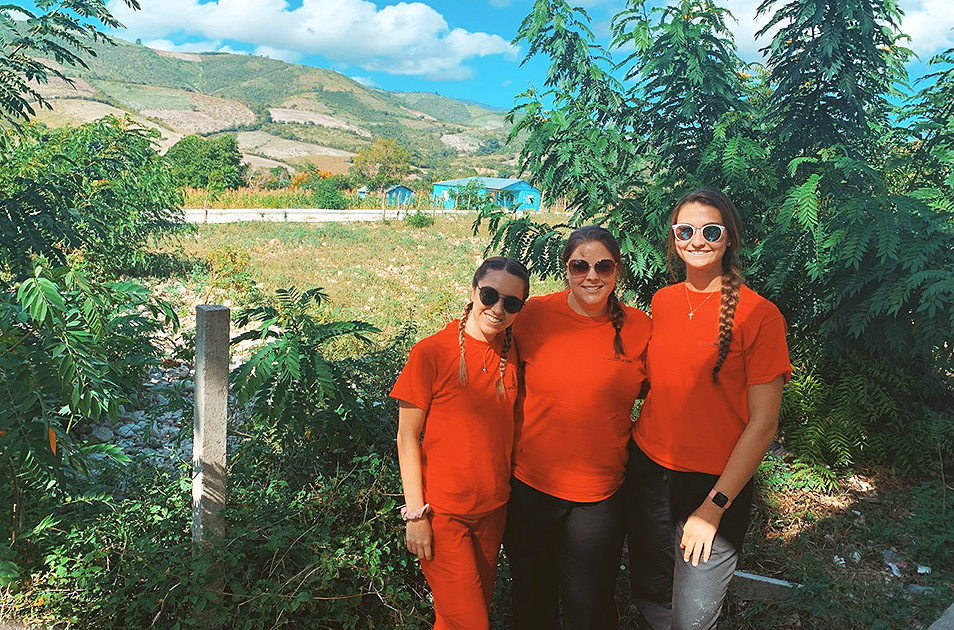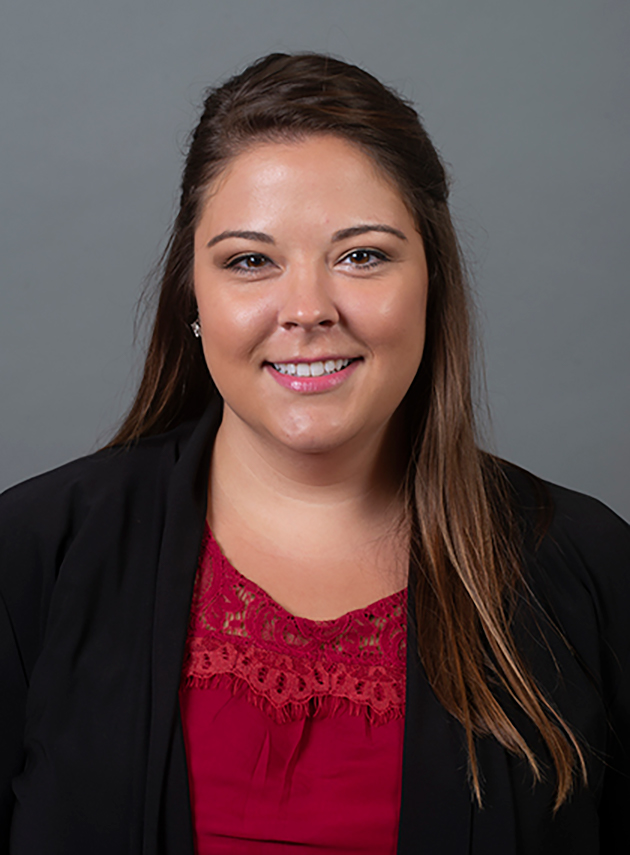Contact us
401 W. Kennedy Blvd.
Tampa, FL 33606-13490
(813) 253-3333
For two years, Brianna Rubenstein ’21 has partnered with Alyssia Miller, professor of instruction I, Spanish, on a series of projects exploring the intersection of language, culture and health with the aim to provide data to healthcare providers and policy makers to ultimately provide better health care and education for the Hispanic population.

Alyssia Miller, center, and Brianna Rubenstein ’21, right, traveled to the Dominican Republic in 2019 to survey residents on their opinions regarding health care. Photo provided by Rubenstein

Alyssia Miller, professor of instruction I, Spanish, specializes in second language acquisition, Spanish and pedagogy. Her other academic interests include medical Spanish and study abroad.
More UT News